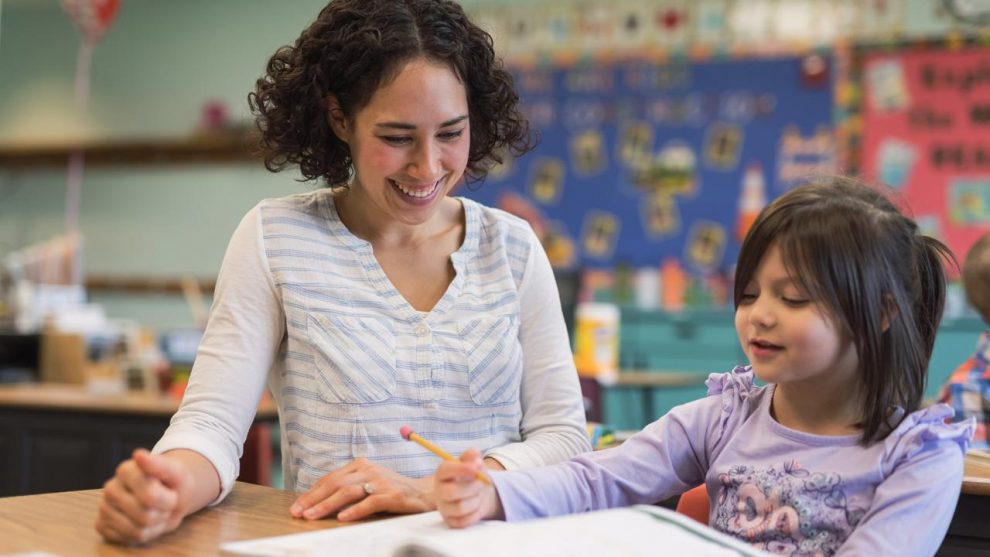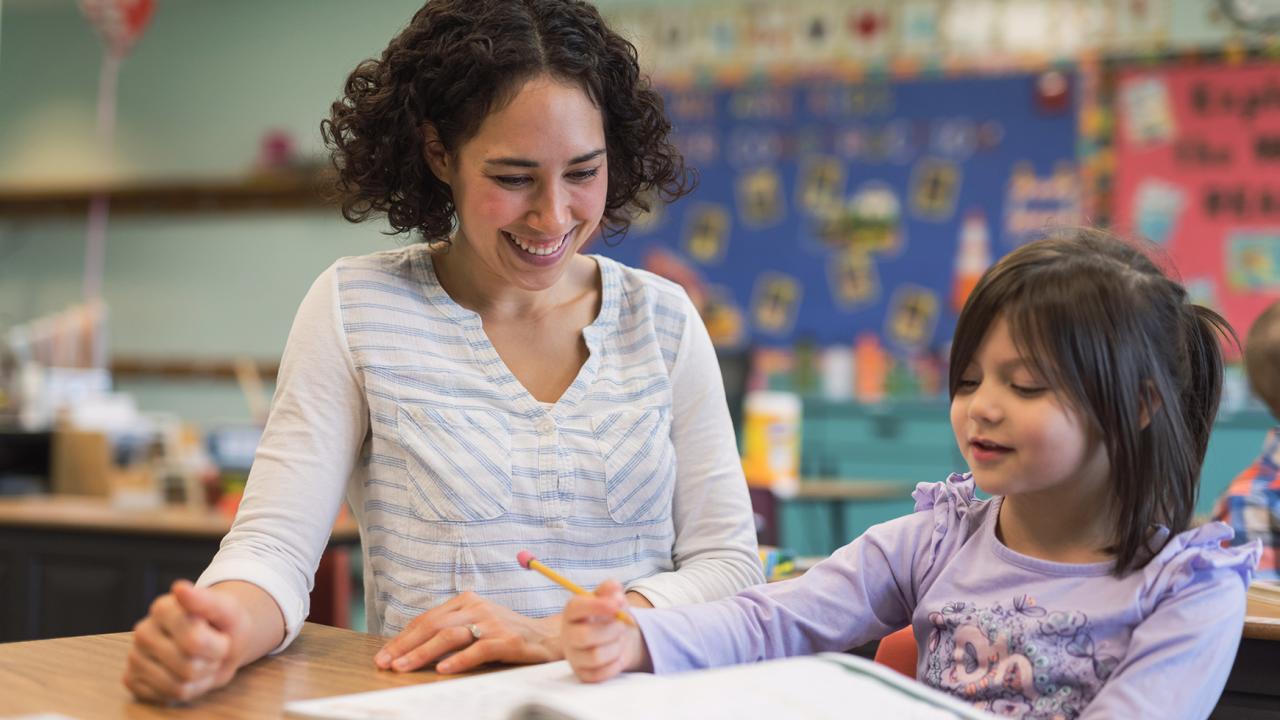Understanding the Individuals with Disabilities Act (IDEA)
The Individuals with Disabilities Education Act (IDEA) is a federal law that guarantees educational rights to children with disabilities in the United States. First enacted in 1975 as the Education for All Handicapped Children Act, IDEA has been revised and renewed over the years, most recently in 2004. IDEA ensures that kids with disabilities have access to free, appropriate public education tailored to their unique needs.
As Lyndon B. Johnson said when initially signing the legislation, “With this act, we affirm a basic truth…that no child may be denied an education because of a handicap.” At its core, IDEA strives to provide individualized learning for all.
Free and Appropriate Public Education
A major tenet of IDEA is that students with disabilities must receive a free appropriate public education, known as FAPE. This means special education and services provided by public schools free of charge through age 21, or until graduation. FAPE functions as the backbone of IDEA.
Appropriate education means personalized for each child’s unique disabilities and needs. As Martin Luther King Jr. said, “Intelligence plus character – that is the goal of true education.” IDEA embodies this belief by requiring an Individualized Education Program (IEP) for every student that outlines goals and services based on their strengths and challenges for an appropriate education.
Testing and Eligibility Categories
To access services under IDEA, a child must first undergo assessment to document presence of a disability that adversely impacts educational performance. There are 13 recognized disability categories including learning disabilities, autism, intellectual disability, speech/language impairment, and more. Assessment results determine if the child is eligible under one of these IDEA categories to receive an IEP and services.
As Aristotle said, “Educating the mind without educating the heart is no education at all.” Beyond academic support, IDEA provides children with disabilities vital social-emotional, behavioral, and daily living skill services for a truly well-rounded education.
Individualized Education Programs
The IEP lies at the heart of IDEA’s education model. This written document designed by parents, teachers, specialists, and when appropriate the student, outlines the child’s present abilities, annual goals, and specialized services needed to achieve those goals. IEPs provide roadmaps tailored to enable each child to succeed.
They follow a consistent format while adapting to match the student’s evolving needs year-to-year. As Helen Keller said, “Although the world is full of suffering, it is also full of the overcoming of it.” Crafting IEPs is a collaborative process focused on highlighting and building on unique strengths to overcome individual challenges.
Common IDEA Services
While every IEP looks different, some services are frequently utilized to fulfill IDEA requirements. Speech therapy helps strengthen communication skills. Occupational therapy develops fine motor abilities, handwriting, and daily living activities. Physical therapy builds gross motor skills and mobility. Behavior support provides positive reinforcement and self-regulation strategies. Assistive technologies like communication devices help expand capabilities.
As Gordon Porter said, “Inclusion is not a strategy to help people fit into the systems and structures which exist in our societies; it is about transforming those systems and structures to make it better for everyone.” IDEA services equip students to succeed both in and out of educational settings.
Least Restrictive Environment
IDEA mandates educating students with disabilities alongside non-disabled peers to the greatest extent possible, known as least restrictive environment (LRE). LRE means kids with disabilities spend maximal time in regular classrooms. Separate special education settings are only utilized when absolutely necessary to meet a student’s needs.
As Winthrop Jordan said, “Desegregation is not a matter of degree. Either segregation exists or it does not exist.” IDEA recognizes the fundamental right of all children to be educated equally. Mainstreaming in regular classes provides academic, behavioral, and social modeling opportunities.
Procedural Safeguards and Due Process
To protect children’s rights, IDEA establishes crucial procedural safeguards and due process rights. Parents must provide informed consent for assessments, placement decisions, and IEP services. IDEA guarantees the right to challenge school decisions through mediation or impartial hearings, enforced by state departments of education. These safeguards are pivotal for accountability.
As Ruth Bader Ginsburg said, “Real change, enduring change, happens one step at a time.” Since 1975, IDEA has progressed towards fuller equity and inclusion for children with disabilities. Its procedural protections empower families to be active partners in the special education process rather than passive participants. This collaborative spirit enriches outcomes.
In the nearly 50 years since IDEA’s inception, the law has expanded opportunity and enhanced education for millions of children with disabilities across America. While progress is ongoing, IDEA provides the groundwork for a future where every child is guaranteed the chance to learn, grow, and thrive.


















